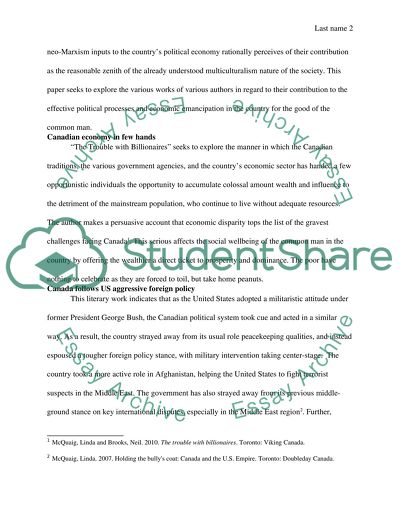Cite this document
(“Political Economy of Canada from various Perspectives Essay”, n.d.)
Political Economy of Canada from various Perspectives Essay. Retrieved from https://studentshare.org/history/1445736-how-does-this-material-help-us-know-who-gets-what
Political Economy of Canada from various Perspectives Essay. Retrieved from https://studentshare.org/history/1445736-how-does-this-material-help-us-know-who-gets-what
(Political Economy of Canada from Various Perspectives Essay)
Political Economy of Canada from Various Perspectives Essay. https://studentshare.org/history/1445736-how-does-this-material-help-us-know-who-gets-what.
Political Economy of Canada from Various Perspectives Essay. https://studentshare.org/history/1445736-how-does-this-material-help-us-know-who-gets-what.
“Political Economy of Canada from Various Perspectives Essay”, n.d. https://studentshare.org/history/1445736-how-does-this-material-help-us-know-who-gets-what.


